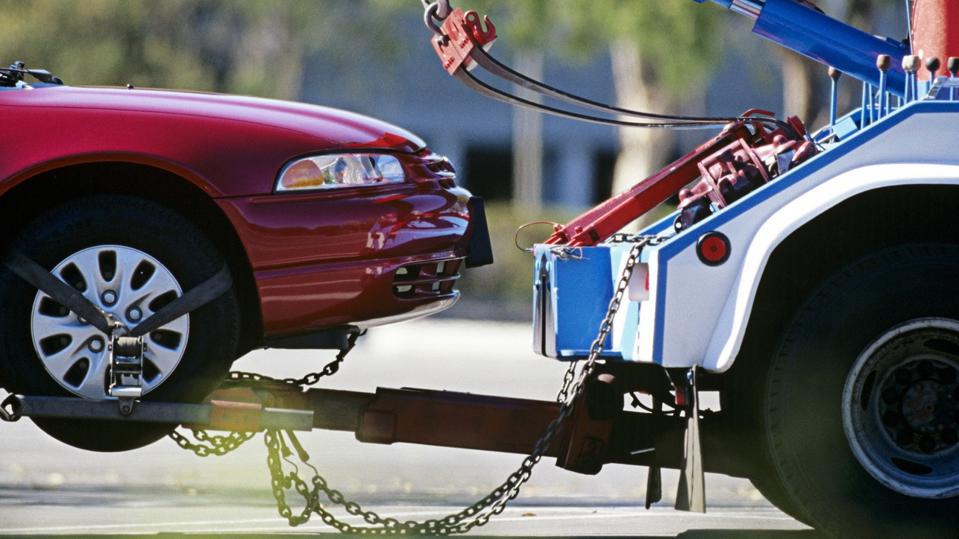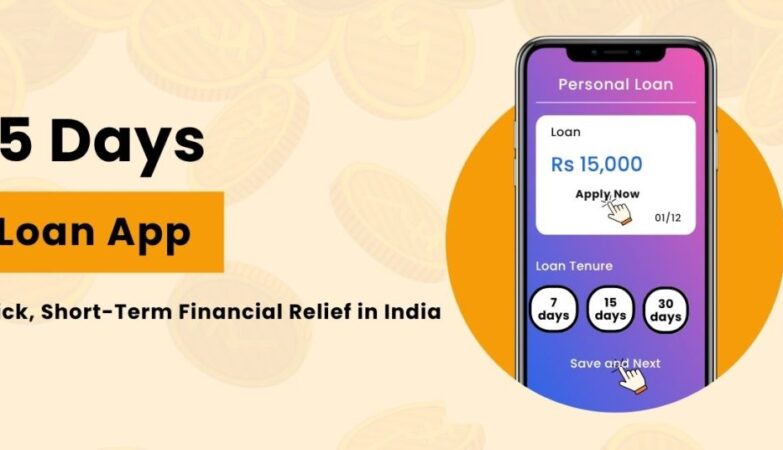Picture this: You’re driving home late at night, and out of nowhere, your car starts making a strange noise. Before you can pull over, it stalls completely. No nearby gas station, no passing cars—just you, a dead vehicle, and rising frustration. If you’ve ever been in a situation like this, you know how quickly a simple drive can turn into a stressful experience. This is exactly why emergency towing and roadside assistance exist. But what do they really cover? And how do you know you’re getting the best service?
What Does Emergency Roadside Assistance Cover?
24/7 Roadside Assistance is more than just getting towed when your car won’t start. It’s a comprehensive service designed to get you back on the road as quickly and safely as possible. Here’s what you can typically expect:
- Towing – If your car can’t be fixed on the spot, a tow truck will take it to a repair shop or another location of your choice.
- Jump-starts – A dead battery doesn’t have to ruin your day. Roadside assistance can give you a quick jump to get you going.
- Flat tire change – If you don’t have the tools (or the patience) to change a flat, help is just a phone call away.
- Lockout service – Locked your keys inside? No problem. Professionals can unlock your car safely.
- Fuel delivery – If you run out of gas, they’ll bring you enough to reach the nearest station.
- Minor repairs – Some roadside services can fix small mechanical issues on the spot, saving you a trip to the shop.
The goal of these services is to handle minor car troubles quickly. But if the issue is more serious, that’s where towing comes in.
How Emergency Towing Works
When your car needs more than a quick fix, you’ll need a tow truck. But not all towing services are the same. Some only take you to the nearest repair shop, while others let you choose the location. Some cover long-distance tows, while others have mileage limits. Before you need a tow, it’s a good idea to check what your provider offers.
There are also different types of tow trucks, depending on your vehicle’s condition:
Flatbed tow trucks
These carry your car on a platform, ideal for damaged or all-wheel-drive vehicles.
Hook and chain tow trucks
These lift the front or rear of your car and are best for short distances.
Wheel-lift tow trucks
Similar to hook-and-chain but gentler on your car’s body.
The best towing companies will have a variety of options to handle any situation.
When Should You Call for Help?
Sometimes, you can handle minor car issues yourself, but in certain situations, calling for roadside help is the safest choice. If you experience any of the following, don’t hesitate to reach out for assistance:
- Your car won’t start after multiple attempts.
- You’re stuck in a dangerous location, like a busy highway or dark road.
- You don’t have the tools or knowledge to fix the issue.
- You’re uncomfortable or feel unsafe trying to solve the problem on your own.
There’s no shame in calling for help—roadside services exist for a reason, and they’re there to make your life easier.
The Benefits of Having a Roadside Assistance Plan
Not all drivers have a roadside assistance plan, but if you do a lot of driving, it’s worth considering. These plans offer peace of mind, knowing you won’t be stranded if something goes wrong. Here are some advantages:
- 24/7 availability – No matter when your car trouble happens, help is always just a call away.
- Saves money – Paying for a one-time tow or lockout service can be pricey, while a membership plan often covers multiple services for a fraction of the cost.
- Faster response times – Many providers have dedicated networks, so they can dispatch help quickly.
- Convenience – No need to search for a towing company or wonder who to call in an emergency.
Whether you get coverage through your insurance, an auto club, or a separate provider, having a plan in place can be a game changer.
How to Choose the Right Towing or Roadside Service
Not all towing companies and roadside services are created equal, so it’s important to pick a provider that fits your needs. Here’s what to look for:
- Service area – Make sure they cover the regions where you frequently drive.
- Response time – Check how quickly they typically arrive. In an emergency, every minute counts.
- Reputation – Read customer reviews to see how reliable and professional the company is.
- Pricing – Understand the costs upfront, including any hidden fees. Some services charge extra for long-distance tows.
- Coverage options – Some providers offer extra perks like trip interruption coverage or rental car assistance.
Taking a little time to research now can save you a lot of stress later.
Staying Safe While Waiting for Help
If you break down in an unfamiliar or high-traffic area, staying safe is just as important as getting help. Here’s what you should do while you wait for roadside assistance:
- Pull over to a safe spot, if possible.
- Turn on your hazard lights to alert other drivers.
- Stay inside your car if you’re on a busy road or in an unsafe location.
- If it’s nighttime, keep your doors locked and be aware of your surroundings.
- Communicate clearly with the roadside assistance provider so they can find you quickly.
A little caution can go a long way in keeping you and your vehicle safe.
Be Prepared Before Trouble Strikes
No one expects their car to break down, but being prepared makes all the difference. Keep these essentials in your car so you’re ready for anything:
- A fully charged phone (or a car charger).
- A flashlight with extra batteries.
- Basic tools, including a tire iron and jack.
- A first-aid kit.
- Jumper cables.
- A blanket and bottled water for emergencies.
Having these items can make an unexpected breakdown a lot less stressful.
Roadside Assistance: A Small Investment for Big Peace of Mind
Car troubles are never convenient, but with a solid roadside assistance plan and a reliable towing service, you’re never truly stranded. Whether it’s a dead battery, a flat tire, or a serious breakdown, knowing help is just a call away takes the stress out of the situation. So, if you haven’t already, take a moment to explore your options—because when the unexpected happens, you’ll be glad you’re prepared.











